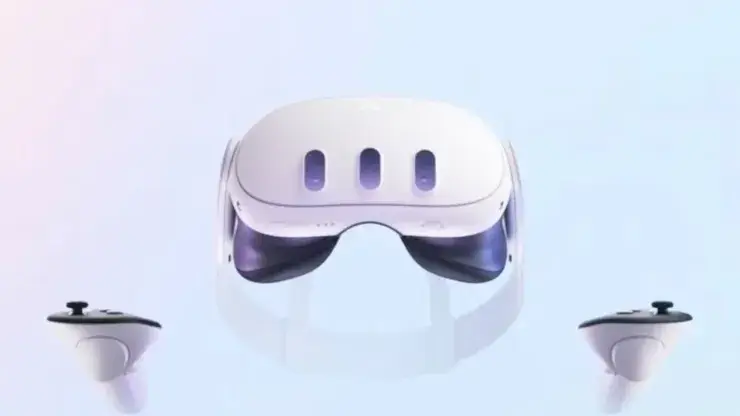In a bid to breathe new life into its virtual reality social platform, Horizon Worlds, Meta is embarking on a major overhaul that aims to entice a larger audience. Horizon Worlds, Meta’s free virtual reality social network, allows users to create avatars and engage with fellow players in a shared digital environment. However, the platform has struggled to gain significant traction, prompting the company to explore new avenues to make it more appealing.
To bolster the platform’s appeal, Meta has set up an in-house game development studio called Ouro Interactive, solely dedicated to creating first-party virtual reality games. The studio’s debut offering, a thrilling shooter game called “Super Rumble,” has hit the market with impressive graphics and fidelity, raising the bar for VR games on the Horizon Worlds platform. Moreover, it’s one of the first games Meta plans to test when they eventually launch a mobile version of Horizon Worlds, a move that aims to bridge the gap between smartphones and the company’s popular Quest VR headsets.
Vishal Shah, Meta’s Vice President of Metaverse, emphasizes that this transformation is more than just an update – he refers to it as “the next generation of Horizon Worlds.” To achieve this ambitious vision, Meta has not only revamped the VR platform’s infrastructure to support higher-quality and more complex games but has also provided enhanced tools for third-party developers. By doing so, the company seeks to foster a thriving ecosystem of content that will attract users from the outset.
While the path to success in the metaverse is challenging, Meta is committed to making substantial investments. The latest earnings report revealed a significant $3.7 billion operating loss for Meta’s Reality Labs units, despite generating $276 million in revenue. Over the course of 2022, the Reality Labs unit incurred a staggering $21 billion in losses, highlighting the substantial financial commitment required to develop cutting-edge VR and augmented reality technologies.
Horizon Worlds is Meta’s ambitious attempt at creating a Roblox-like digital playground, enticing users with the promise of immersive gameplay and social interactions akin to a 3D social network. However, the platform has yet to achieve mainstream success, with reports indicating it garners less than 200,000 monthly active users. This lackluster performance underscores the prevailing public sentiment, which has yet to fully embrace virtual reality experiences.
Nevertheless, Meta remains undeterred in its pursuit of establishing itself as a pioneer in the metaverse landscape. By enriching Horizon Worlds with engaging first-party games and fostering a robust ecosystem for third-party developers, the company aims to create a compelling virtual reality social platform that captivates the masses. The forthcoming mobile version of Horizon Worlds is poised to play a pivotal role in this endeavor, aiming to blur the lines between virtual reality and the accessibility of smartphones.
As Meta forges ahead into uncharted territory, the metamorphosis from a VR-only entity to a “VR-first” company is well underway. With an unwavering commitment to innovation and a willingness to invest substantially in technological advancements, Meta is positioning itself at the forefront of the metaverse revolution. Only time will tell if Horizon Worlds can evolve into the digital oasis that captures the imagination and hearts of millions, transcending the current state of VR and unlocking the full potential of immersive social experiences.





